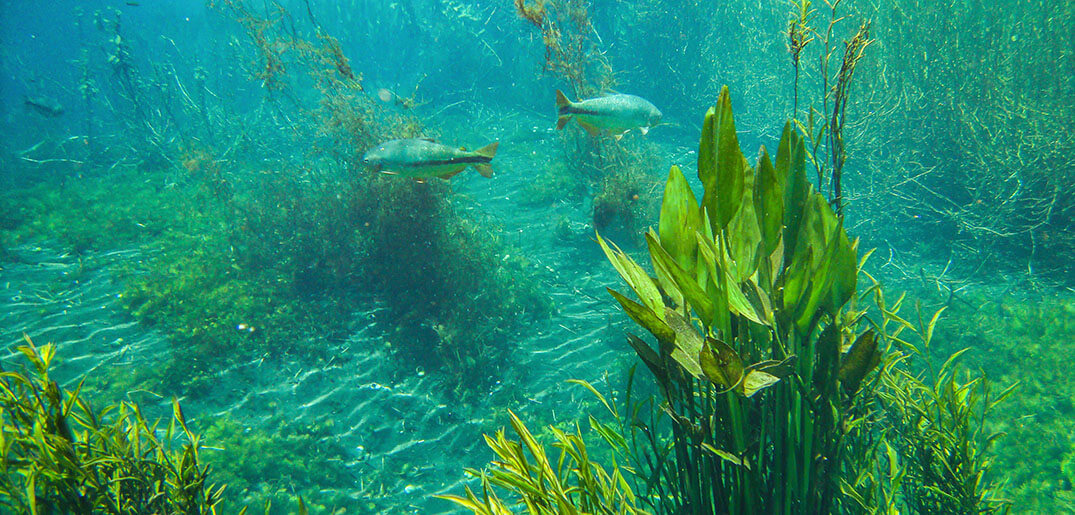Aquatic plants and fish are great additions to your pond or aquarium, and can beautify them further. However, it is imperative to care for them and keep them in good health so that they will continue to enhance your pond and support its ecosystem. Caring for them in cold weather like winter is especially important. Here are some ways you can care for your aquatic plants and fish.
Help Fish Through Cold Weather
Fishes such as Koi or Goldfish are popular choices for many pond owners. These fishes are different species belonging to the same carp family, and are more comfortable in warmer water compared to fishes like trout. Hence, it is especially important to provide special care for them through cold seasons like winter. For instance, shifting the pump from the bottom of the pond to the surface helps to prevent the pond from getting too cold. Since goldfish and koi tend to stay at the bottom of the pond when the water is cold, shifting the pump to the surface helps to keep the water at the bottom undisturbed. Placing a pond heater at the bottom of the pond is also another way to make the area warmer for the fish.
Adjust Feeding According To Temperature
Popular pond fish like Koi and Goldfish often eat less when the water becomes colder, as is the case in seasons like winter. This is because their digestive systems slow down with the drop in water temperature. The lower temperatures also induce a semi-dormant state in such fish, which will remain at the bottom of the pond and cease active feeding until the water becomes warmer. Fish which are still feeding actively should be fed wheat germ-based food.
Caring For Plants
Aquatic plants in ponds can range from cold, hardy pond plants to tropical floating plants. Different types of aquatic plants require different types of care, especially in cold seasons like winter where they respond to the lower temperatures differently. Hardy plants like water lilies lose their stems and foliage in fall, and die like garden plants. They usually leave behind a rhizome, tuber or root ball, depending on what species they belong to. This is a natural process, and the plant can be cared for by fully submerging it through the winter. This protects them from freezing. On the other hand, floating tropical plants like water lettuce and water hyacinths should be removed from the pond as such plants will freeze if left floating in cold weather, eventually sinking to the bottom of the pond and rotting there. Rotting foliage can adversely affect the quality of the water, by encouraging algae bloom. This is because the decomposing organic debris becomes a source of nutrients to algae and harmful bacteria, causing them to grow exponentially. Algae bloom resulting from this can even change the colour of the water to an unsightly green. Such debris can also compromise the health of your fish, release harmful gases and decrease oxygen levels in the water.


 Blog
Blog



